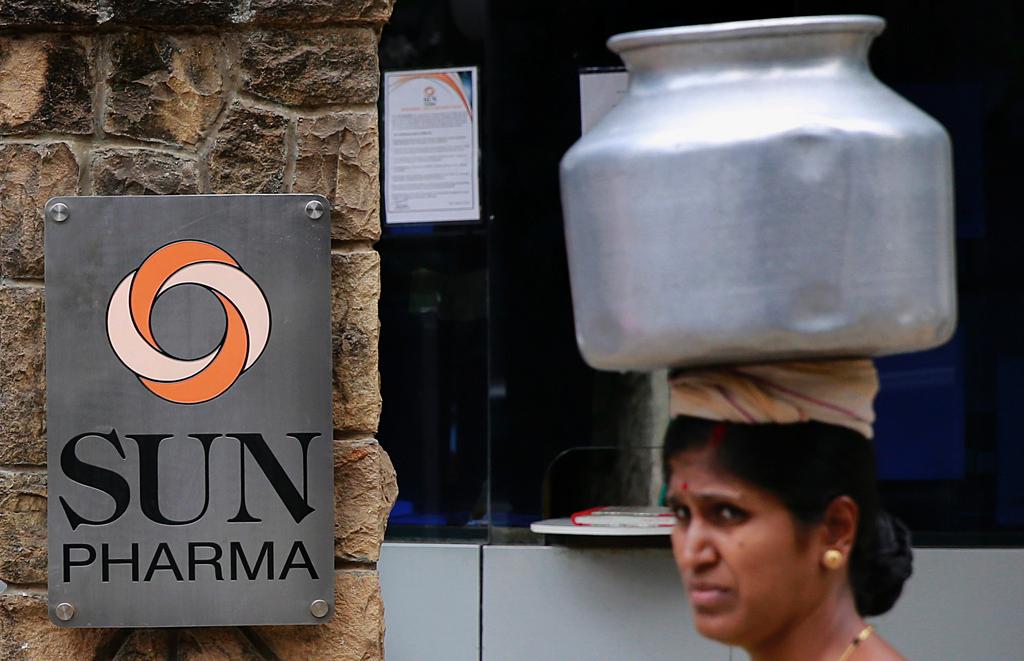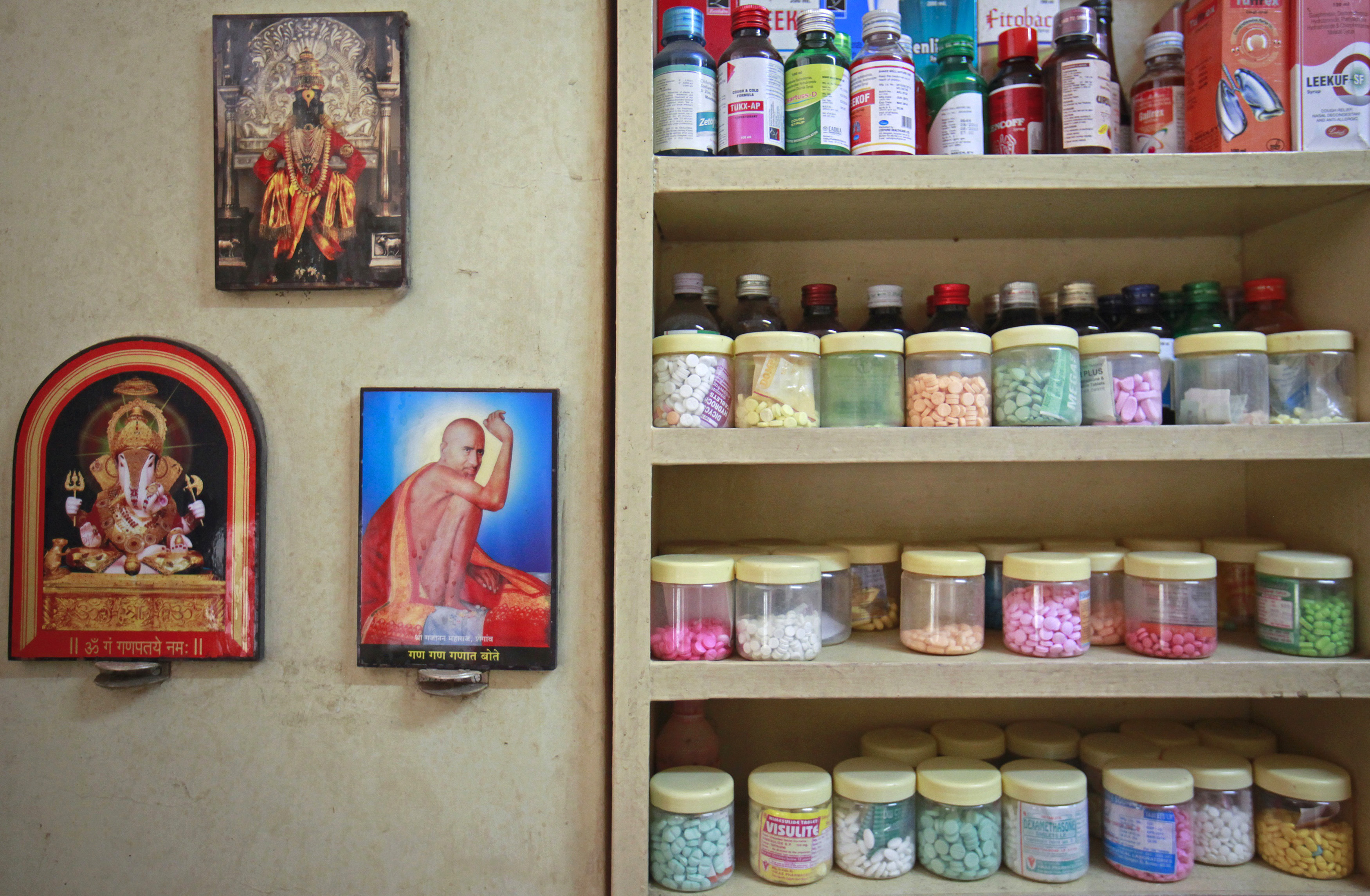Is the tide against Big Pharma in India turning?

A recent ruling by the Delhi High Court in favour of Novartis’ patent on the respiratory drug Onbrez could be more than a temporary victory for Big Pharma in its war in India to protect intellectual property.
In January the court barred Cipla from making or selling a cheaper copy of Onbrez, citing infringement of patents held by the Swiss company.
The decision lends support to a growing belief among industry analysts that the government of Narendra Modi is slowly distancing itself from an approach to make blockbuster drugs available to poor patients at a tiny fraction of the price at which they are sold in the west. This is accomplished using the following approach: give Western pharma firms only ‘limited’ patent protection for their drugs in India and make it very difficult for them to receive a patent for enhanced versions of patented medicines.
Big Pharma want to protect their patents arguing that the hefty price tag of their drugs is justified by the high costs involved in research and development.
“Generic firms such as Cipla do not make such investments and are hence able to offer drugs at lower prices,” a Novartis spokesperson said in response to the Delhi court decision.
However, analyst Rahul Dev from Tech Corp Legal cautions that, when regarded from a neutral standpoint, the ruling is “totally in line with existing laws, rules and judicial precedents. For example, the Indian patents act provides provisions for revocation of patent rights in case such rights are against public interest”.

More
Swiss-Indian trade deal: bitter pill to swallow
US pact
Perhaps more indicative of the tide turning in favour of Big Pharma is a recent pact signed by Modi during his visit to the United States, where he agreed to set up a bilateral working group on intellectual property as part of the Trade Policy Forum. This was a sign that India is ready to allow the US a role in its decisions on intellectual property, including those for drugs.
“It indicates that the US has managed to get the Modi government to provide it with a forum from which to pressure India to adopt tougher patent protection measures,” said Raghuram Selvaraju, managing director and senior healthcare analyst at New York-based MLV & Co’s Equity Research department.
According to Selvaraju, the recent decision by the Indian government to revoke the price controlling powers of the National Pharmaceutical Pricing Authority (NPPA) is yet a clearer indication that the Modi government is more than ready to lessen its hostility towards mutinational pharmaceutical companies. In July 2014, the Indian government capped the prices of 108 medicines, in addition to the 348 drugs that were brought under the essential list of medicines following the Drug Price Control Order in 2012. However, only two months later, the government instructed the NPPA to revoke the guidelines that gave it the power to fix prices of drugs that are not on the national list of essential medicines.
“If the government is removing the ability of regulators to control the prices of essential medicines, this would seem to be an indication that the Modi administration is bowing to external pressures to make life easier for Western pharmaceutical companies,” said Selvaraju.
Fierce fight
Big Pharma’s fight for protecting patent rights has been particularly fierce in India – characterised by the world’s biggest generics industry, adolescent patent laws, growing demand for medicines and an inability to pay for them – than anywhere else.

More
Doing business in the developing world’s pharmacy
For more than three decades, India refused to recognise pharmaceutical patents, allowing domestic firms to copy medicines to make them cheap. However, after the country joined the World Trade Organization (WTO) in 1995, it had to change its patent policy. But the patent law it launched in 2005 denies ‘evergreening’ – making minor alterations to existing drugs to secure a new patent.
The country’s patent system also has a provision for ‘compulsory licensing’ under which the government can force a firm to license a patented drug to a generic company under a WTO pact.
“Indian patent law looks similar to Western law, except for the provision that the Indian government can amend it on a case-by-case basis to enable ‘access to lifesaving medicines’ for those who would not be able to get access to such medications if they are allowed to be priced as brand-name products,” explains Selvaraju.
While one section of the amended Indian Patents Act allows drug companies to obtain product patents for new medicines, another permits only breakthrough innovations and bars new use of known drugs.
Swiss firms including Novartis and Roche have had a tough time in India. Since 2006, Novartis has been fighting to win a patent for the enhanced form of Glivec. It lost the fight to protect the patent for the major cancer drug in the Supreme Court in 2013.
Legal battles
In the case of Roche, it lost a courtroom battle to Cipla for its blockbuster lung cancer drug Tarceva. The court ruled that Cipla’s generic Erlocip did not violate Roche’s patent.
In addition to Novartis and Roche, German pharma giant Bayer AG and US firm Gilead Sciences have also been entangled in legal war over patented drugs.
Big Pharma are willing to put up the fight in India and other developing nations where demand for life-saving drugs is surging. Rising incomes and rates of chronic disease may push drug sales in India from $12 billion in 2010 to $74 billion in 2020, according to consulting firm PwC. Nearly three quarters of the sales are expected to come from generic drugs.
Going by the court ruling against Cipla, revoking of price caps on non-essential drugs and the decision to set up a patent working group with the US, there is ample reasons for Big Pharma to believe that the Indian government will be a less fierce foe in their struggle for patent protection.
“Patents are the foundation of innovative drug discovery and essential to advancing medical science and improved treatments for patients. A robust intellectual property system protects the investments into research and development of new products that will improve the quality of life for patients,” said the Novartis spokesperson.
Typically, only one out of 10,000 experimental compounds in development will reach the marketplace at a cost of $1 billion for each medicine approved. Thus pharmaceutical companies try to recover cost for the thousands of molecules that fail from each successful molecule that makes it as a drug.
As R&D expenses surge, pharma firms feel that the 20-year patent period limits the cost of innovation and they are tempted to resort to ‘evergreening’. For example, heart medicines Lipitor and Plavix posted combined sales of $14.5 billion in the US market in 2011 but their patents expired in 2012.
By 2020 the profits of most Big Pharma firms are expected to decline. This will mean Big Pharma has to significantly cut R&D costs.

In compliance with the JTI standards
More: SWI swissinfo.ch certified by the Journalism Trust Initiative









You can find an overview of ongoing debates with our journalists here . Please join us!
If you want to start a conversation about a topic raised in this article or want to report factual errors, email us at english@swissinfo.ch.